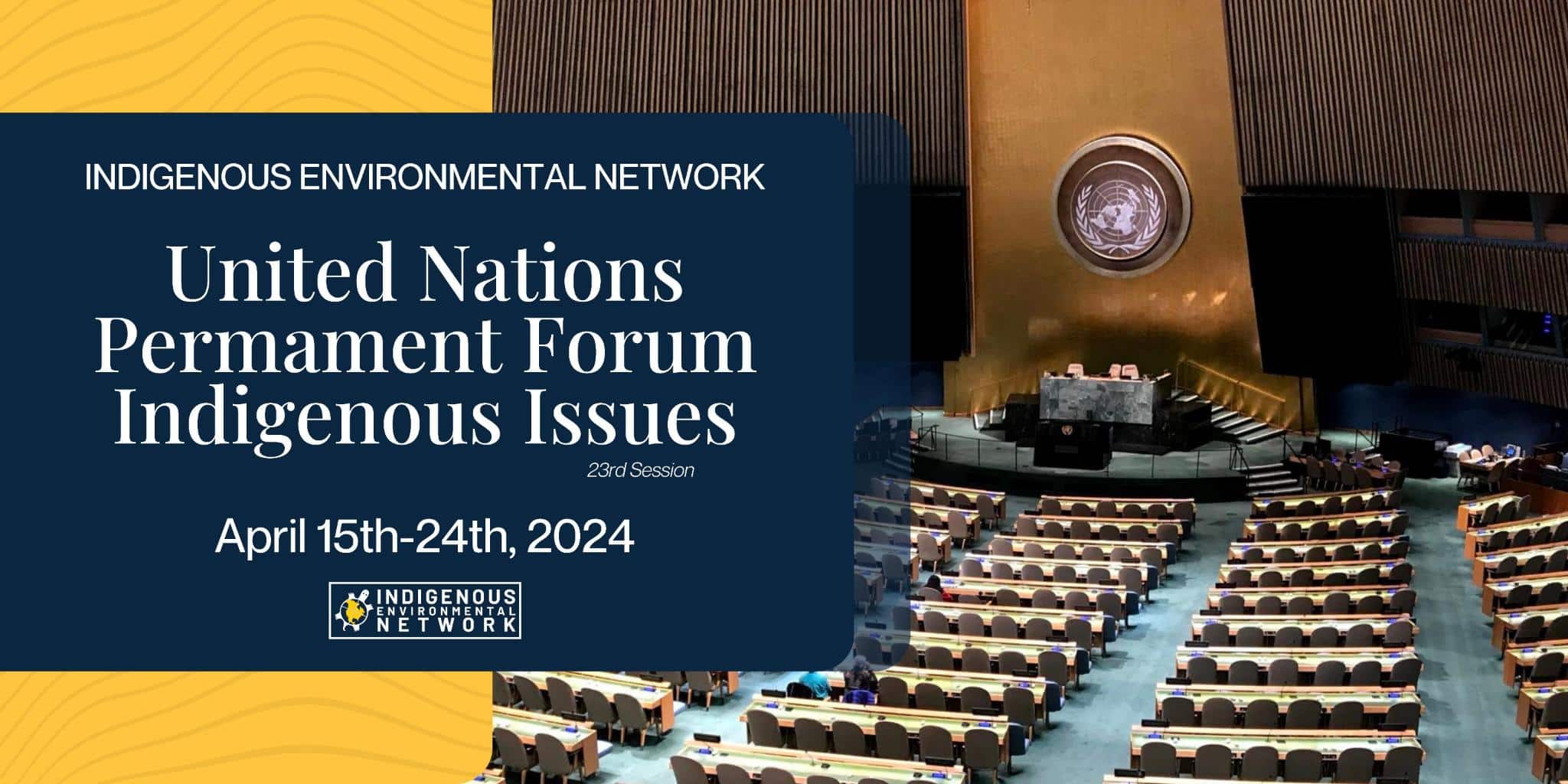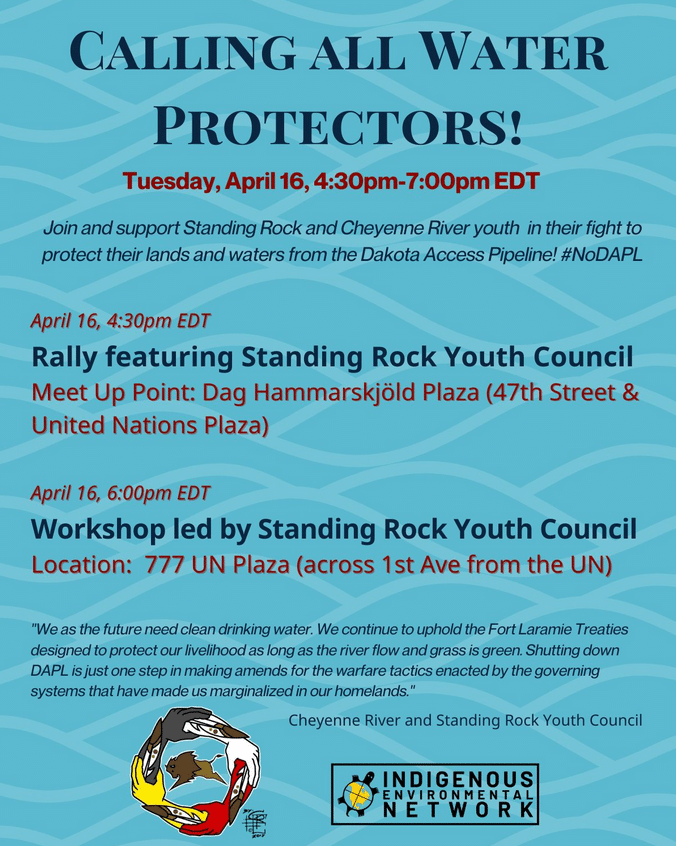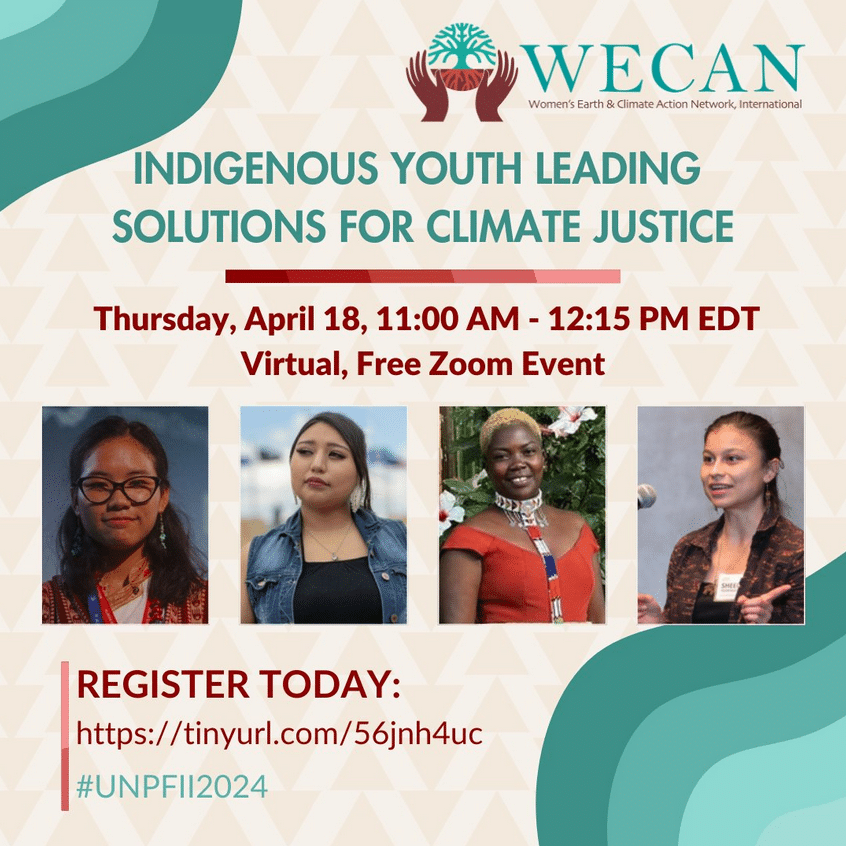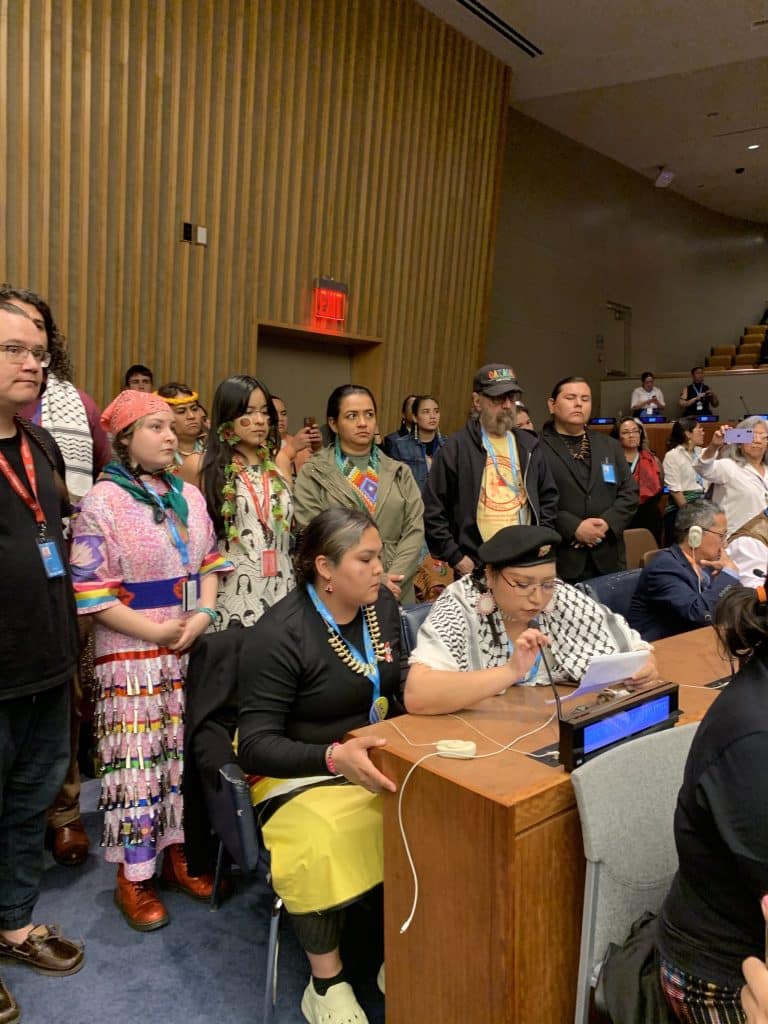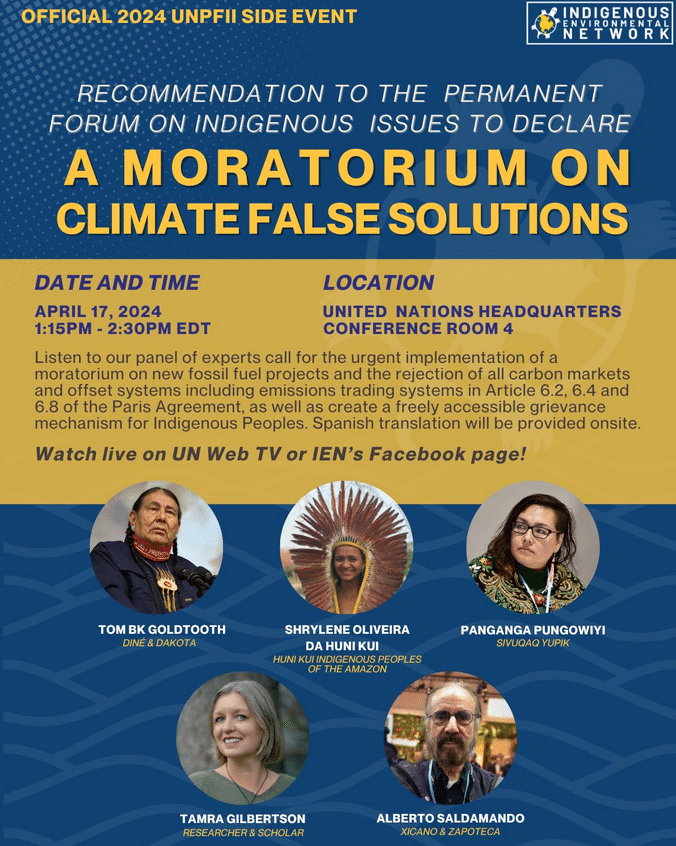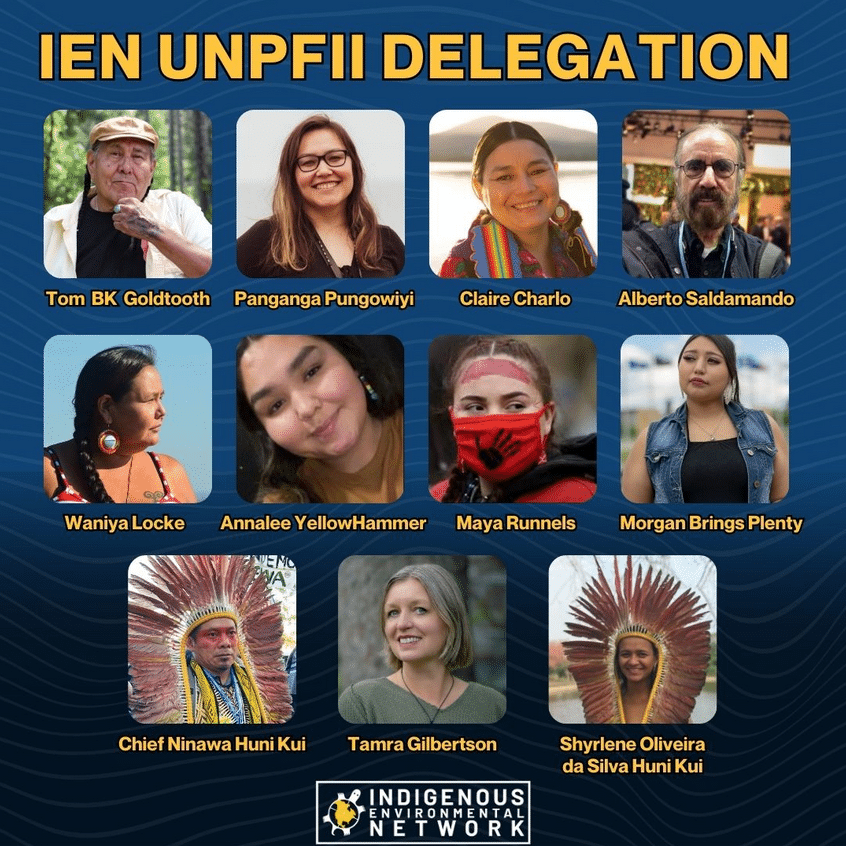COP29 could make carbon markets permanent. Indigenous leaders are calling for a moratorium before it’s too late.
For more than 20 years, Tom Goldtooth has listened to conversations about the negative impacts fossil fuels and carbon markets have on Indigenous peoples. On Wednesday, Goldtooth and the Indigenous Environmental Network, or IEN, called for a permanent end to carbon markets. Beyond being an ineffective tool for mitigating climate change, the organization argues; they harm, exploit, and divide Native communities around the world.
The recommendation was delivered to a crowd of Indigenous activists, policymakers, and leaders at the U.N. Permanent Forum on Indigenous Issues, or UNPFII, and is the most comprehensive moratorium on the issue the panel has ever heard. If adopted, the position would pressure other United Nations agencies — like the U.N. Framework Convention on Climate Change, or UNFCCC — to take a similar stance. The heightened urgency stems from the COP29 gathering planned later this year, when provisions in the 2015 Paris Climate Agreement on carbon market structures are expected to be finalized.
“We are long overdue for a moratorium on false climate solutions like carbon markets,” said Goldtooth, who is Diné and Dakota and executive director of IEN. “It’s a life and death situation with our people related to the mitigation solutions that are being negotiated, especially under Article 6 of the Paris Agreement. Article 6 is all about carbon markets, which is a smokescreen, which is a loophole [that keeps] fossil fuel polluters from agreeing to phase out carbon.”
The network’s language on “false climate solutions” is intentional. Tamra Gilbertson, the organization’s climate justice program coordinator and researcher, said a false climate solution is anything that looks like a tool for reducing emissions or fighting climate change but allows extractive companies to continue profiting from the fossil fuels driving the crisis.
“Carbon markets have been set up by the polluting industries,” Gilbertson said. “The premise of carbon markets as a good mitigation outcome or a good mitigation program for the UNFCCC is in and of itself a flawed concept. And we know that because of who’s put it together.”
The carbon market moratorium the network called for would end carbon dioxide removal projects like carbon capture and storage; forest, soil, and ocean offsets; nature-based solutions; debt-for-nature swaps; biodiversity offsets; and other geoengineering technologies.
This year’s moratorium recommendation builds on a similar proposal the IEN offered at last year’s forum, when it called for a stop to carbon markets until Indigenous communities could “thoroughly investigate the impacts and make appropriate demands.” That call led to an international meeting in January, where Native experts discussed the impacts a green economy has and would have on their communities. Ultimately, the participants produced a report detailing how green economy projects and initiatives can create a new way to colonize Indigenous Peoples’ lands and territories.
Darío José Mejía Montalvo, of the Zenú Tribe in Colombia, participated in the January meeting and has chaired a previous UNPFII. He highlighted the report during a U.N. session last week.
“The transition toward a green economy [keeps] starting from the same extractivist-based logic that prioritizes the private sector, which is guided by national economic interests of multinationals, which ignores the fights of Indigenous people, the fight against climate change, and the fight against poverty,” Montalvo said, according to a U.N. translation of a speech he delivered in Spanish.
Click here to learn more.

